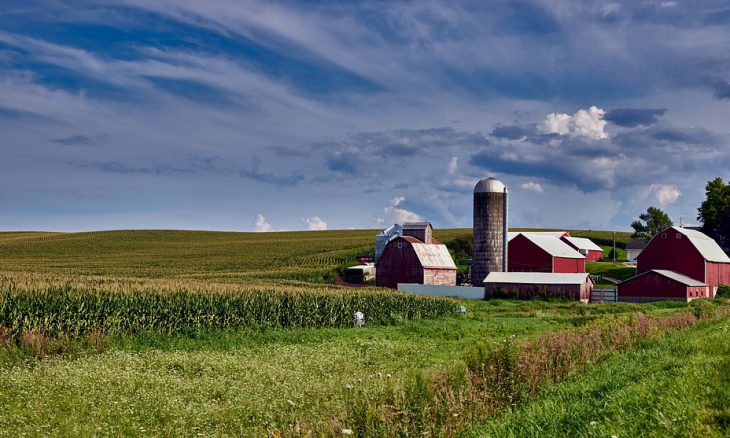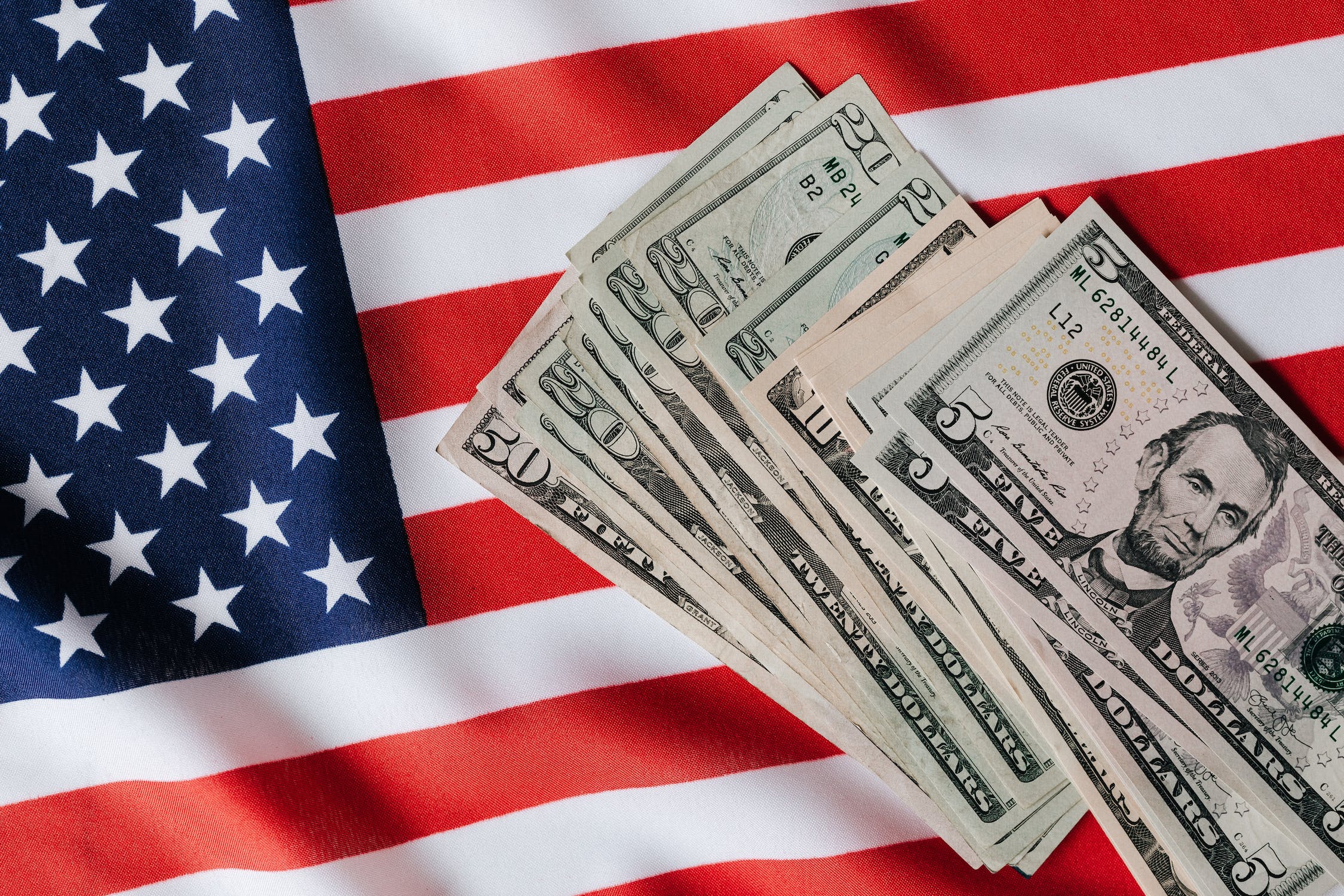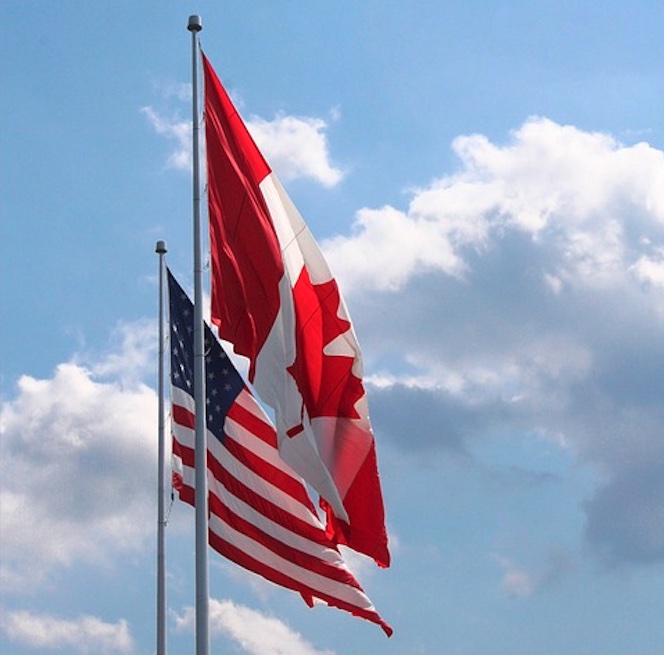Hurricanes, supply chain issues, and natural gas shortage have contributed.
Food prices are already up this year, in some areas as much as 30 percent, and now issues in the fertilizer industry indicate that they will increase further. Fertilizer plants in Europe have cut production and China is reducing exports to focus on its own agricultural industry. Shipping problems and inflation are contributing to American farmers’ difficulty in not only obtaining the supplies they need but paying the higher costs as well. Top fertilizer plants in Louisiana have not recovered from the summer’s damaging hurricanes, adding to the problems.
Natural gas is a key ingredient in the process used to make nitrogen-based fertilizers used on a range of crops, including corn and wheat. Natural gas accounts for 75 to 90 percent of operating costs in the production of the nitrogen, and a shortage on natural gas has exacerbated the problem.
Co-ops are the middlemen between farmers and fertilizer manufacturers. They buy fertilizer months in advance so that farmers can have it by the time they need it. Commitments are usually made in May or June for fall fertilizers. But co-ops have a limited supply which is driving up prices two to three times higher than a year ago.
The Executive Director of the Iowa Institute for Cooperatives said, “It makes it more likely that farmers will switch some acreage from corn to soybeans to try to avoid the higher prices, the higher cost here of fertilizer.“ Soybeans do not require fertilizer to produce a crop the way corn does.
As the Lord Leads, Pray with Us…
- For U.S. officials as they assess and strategize solutions to the supply chain and inflation issues.
- For America’s farmers as they deal with the shortages of fertilizer and possible crop adjustments.
Sources: Fortune, Market Watch, NPR, Washington Examiner









